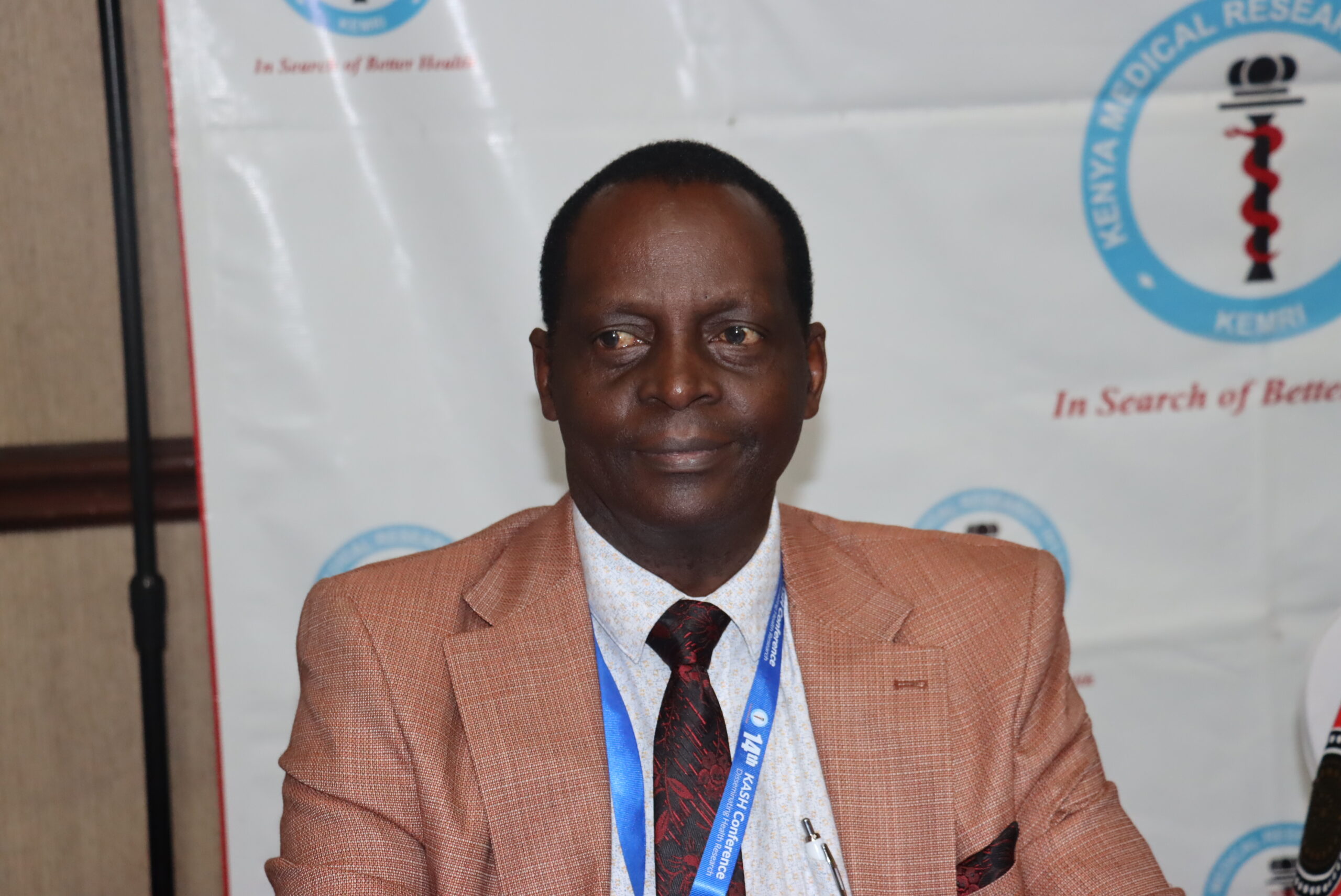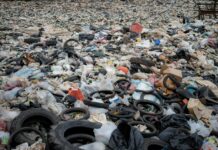By Clifford Akumu
Nairobi, Kenya: A new partnership between the University of Liverpool, Kenya Medical Research Institute (KEMRI), and Equity Group Foundation is poised to scale clean cooking in East African schools to boost learner’s health and protect the environment.
The new partnership, says experts, will evaluate the health benefits and impacts of schools that are transitioning from using wood fuel to clean fuels under the “Clean Cooking Initiative”.
Speaking on the sidelines of the ongoing 14th Kemri Annual Scientific and Health Conference in Nairobi, Dr. James Mwitari, a senior research fellow of Environmental Health & Epidemiology and Co-Director of Clean Air Africa based at KEMRI -CRD noted that the initiative will address key health-damaging pollutants.
In Kenya, more than 90% of schools depend on environmentally harmful wood fuel for cooking, with a typical boarding school consuming 250 tonnes annually. This practice results in high levels of particulate matter detrimental to health, significantly exceeding World Health Organisation guideline levels.

This exposure extends beyond school kitchens, infiltrating classrooms and playgrounds.
“We are going to look at how respiratory diseases change the cognitive performance of students in these schools. We are also interested in the changes in pollutants with respect to particulate matter, “Dr Mwitari said.
The NIHR CLEAN-Air (Africa) Global Health Research Unit, spearheaded by the University of Liverpool and KEMRI, will employ mixed-methods research and advanced air pollution monitoring to evaluate the impact of the “Clean Cooking Initiative” on the health of cooks, teachers, and students, as well as educational attainment.
The findings will guide policy, innovation, and capital allocation for strategic scaling of clean cooking in learning institutions and other public establishments across Kenya and beyond.
Dr Mwitari added that over 400 schools have already transitioned to cleaner energy with an additional 1200 schools signing in the program to transition later. The project will be rolled out in all 47 counties across the country.
Professor Dan Pope, Professor of Global Public Health at the University and Director of the NIHR Global Health Research Unit on CLEAN-Air(Africa) stated, “This partnership provides a fantastic opportunity to document the health, environmental, and educational gain that can be achieved for schools converting to clean, modern cooking. The ambitious scale of the Equity Clean Cooking Initiative will provide a template across East Africa where the majority of schools rely on substantial quantities of polluting fuel wood for their catering needs”.
Dr Mwitari, who is also a Co-Director of Clean Air Africa noted that transitioning schools to clean cooking fuel by 2025 in tandem with the recent presidential decree is on course and achievable with collaborative arrangements.
However, it’s regrettable that the ongoing school research has shown that PM 2.5 which is a notorious health-damaging pollutant is being produced from school kitchens that are using biomass in excess of the WHO guidelines thus putting cooks, children, and teachers at risk of developing pulmonary and cardiovascular diseases.
This is in addition to such smoke emitted from school kitchens being a contributing factor to school absenteeism and probably poor cognitive performance of the children.
“From our interim results across the country especially within the Nairobi Metropolitan region, we have found that the air pollution in the kitchen, dormitory, and playgrounds is in excess by more than 85 times of the safe guidelines provided by the World Health Organisation,” said Dr Mwitari.
“What we are seeing is some schools reaching up to 1350 micrograms per metres cube of air which is very polluted. Many of these schools are reporting children missing school because they are always sick due to exposure.”
Prof Elijah Songok, Director General KEMRI exuded confidence that the efforts being proposed by this great partnership between KEMRI, the University of Liverpool, and Equity will enhance clean air in the region.
“As an institute, we are strongly committed to the objectives of this project that seeks to evaluate the health impacts of transitioning schools from reliance on wood fuel to clean cooking with Liquefied Petroleum Gas[LPG]. With such collaborative efforts and commitment from the partners and current government, the challenges that come with air pollution will be a thing of the past’’.
Equity has been facilitating schools to transition to clean cooking with LPG in Kenya. Through this partnership, Equity will build the capacity of institutions to transition to clean cooking and will also work closely with the CLEAN-Air Africa team to measure health impacts before and after the transition in institutions across Kenya and further support in disseminating the study findings to relevant stakeholders with a key target to policymakers to influence policies.
Eric Naivasha, Associate Director, Energy, Environment & Climate Change at Equity Group Foundation commented on the partnership saying, “Kenya’s education sector alone consumes over 10 million trees annually to keep their kitchens operational.
This leads to deforestation, greenhouse gas emissions, and adverse health outcomes. Aware of these repercussions, Equity, along with our technical partners, developed a clean cooking initiative targeting learning institutions to transition from biomass fuel to cleaner fuels like LPG.
Our partnership with CLEAN-Air (Africa) will enable us to measure the health impact of clean cooking transitions, playing a pivotal role in shaping policy dialogue, investment flow, and the expansion of clean cooking interventions.














